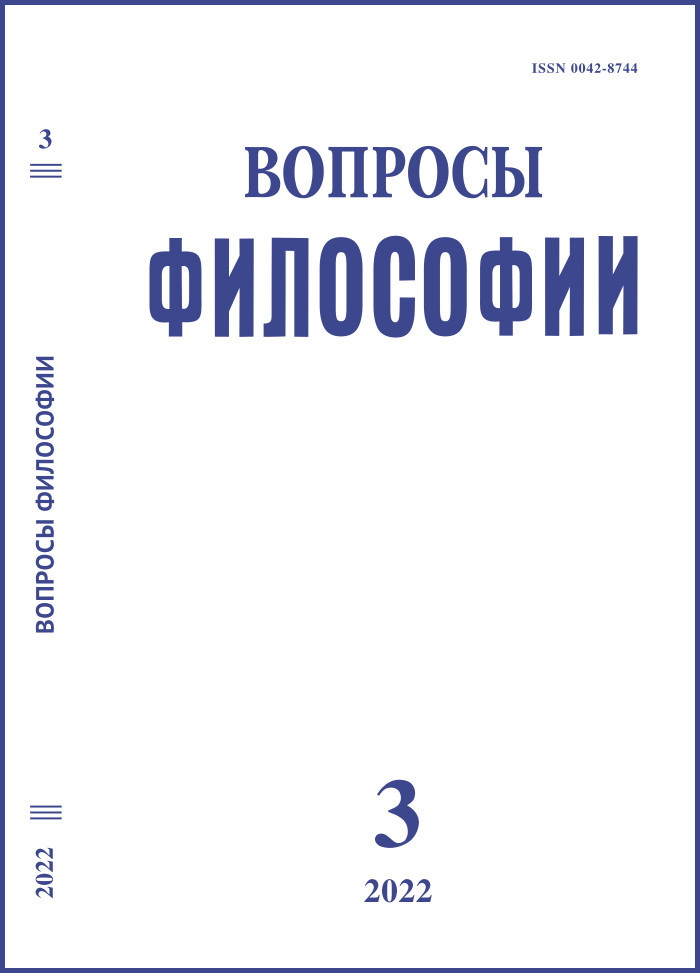Competing Projects of Socialism in the USSR during the Period of Political Romanticism. Part 1. Politeconomy of Socialism: Project or Simulacrum?
DOI:
https://doi.org/10.21146/0042-8744-2022-3-154-166Keywords:
political romanticism, political economy of socialism, economy, communism, socialism, alienation, property, means of production, project, IlyenkovAbstract
The paper examines public discussions on the political economy of socialism and the socialist project in general, which began after the death of I. Stalin and continued until 1973. The pragmatic and romantic lines of understanding socialism and attitudes towards communism are highlighted. The position of the “pragmatists” is presented in the first textbook of political economy published in 1954. Eventually it retained the possibility of transforming Soviet socialism into a market economy. Actually, this possibility was implemented in China in the late 1970s. However, in the USSR, it provoked dead resistance. At the level of the party system and related political economists, the goal was to interpret economic phenomena within the orthodox version of Marxism. On the contrary, the “romantics” such as E. Ilyenkov defended the most radical project of building a future communist society, which would make it possible to overcome the division of labor and the related alienation still seen under the actual socialism. It is a historical paradox that romantic projects imposed the evolution of the USSR along the “Chinese path”.
Downloads
Published
Versions
- 2025-02-06 (2)
- 2022-03-31 (1)

